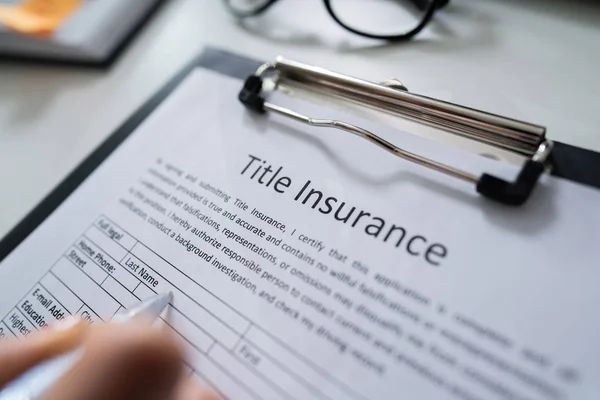Appraisal Contingency Explained
An Appraisal Contingency: What Is It?
An appraisal contingency clause is a provision included in purchase contracts. This appraisal determines the fair market value of the home you’d like to buy. It’s of significant importance as it allows homebuyers to back out of their contract if a home is appraised for less than the amount you’ve agreed to pay in the contract.
Ultimately, Appraisal contingencies protect you and your lender from overpaying for your home, protecting you financially if there’s a substantial difference in the home’s value and the price you agreed to pay for it.
It may be recommended by your real estate agent that one or more contingencies are included in your contract when you make an offer on a home. Contingencies are included alongside your offer and are not individual contracts. Much like the seller can accept or reject your offer, the seller has the option to accept or reject your contingencies.
How an Appraisal Contingency Works:
During your loan application, a home appraisal is ordered by your lender, and the house you want to buy, as well as the area it’s in, is inspected by a licensed appraiser. Next, the appraiser will give you a professional opinion of how much the home is worth. Appraisals are required by lenders to ensure that the home isn’t selling for more than it’s worth.
If the appraisal comes back lower than your offer, you’ll have a few options. You can either ask the seller to lower the sale price, back out of the sale, or come up with the cash to cover the difference between the appraisal and your offer. If you have an appraisal contingency, you’ll have leverage in negotiating a lower price.
Without an appraisal contingency, the option to walk away might not be available. Waiving an appraisal contingency clause can complicate things significantly for you if the home appraisal is low. At the very least you could be at risk of breaking the contract and losing your earnest money deposit. As mentioned before, however, with the appraisal contingency, you can safely walk away from the sale if you and the seller can’t reach an agreement.
Low Appraisal: What Now?
It’s important to note that you may petition for a second appraisal if you believe the appraisal is wrong. This second appraisal is essentially a second opinion on the home’s worth. You will need to have a reason why you think the first appraisal was wrong to get a second appraisal.
Typically, providing items such as documentation of improvements and recent market home sale data may improve the chances of getting a better second appraisal.
In Short:
An appraisal contingency can help guard your finances when making an offer on the home of your dreams.
















